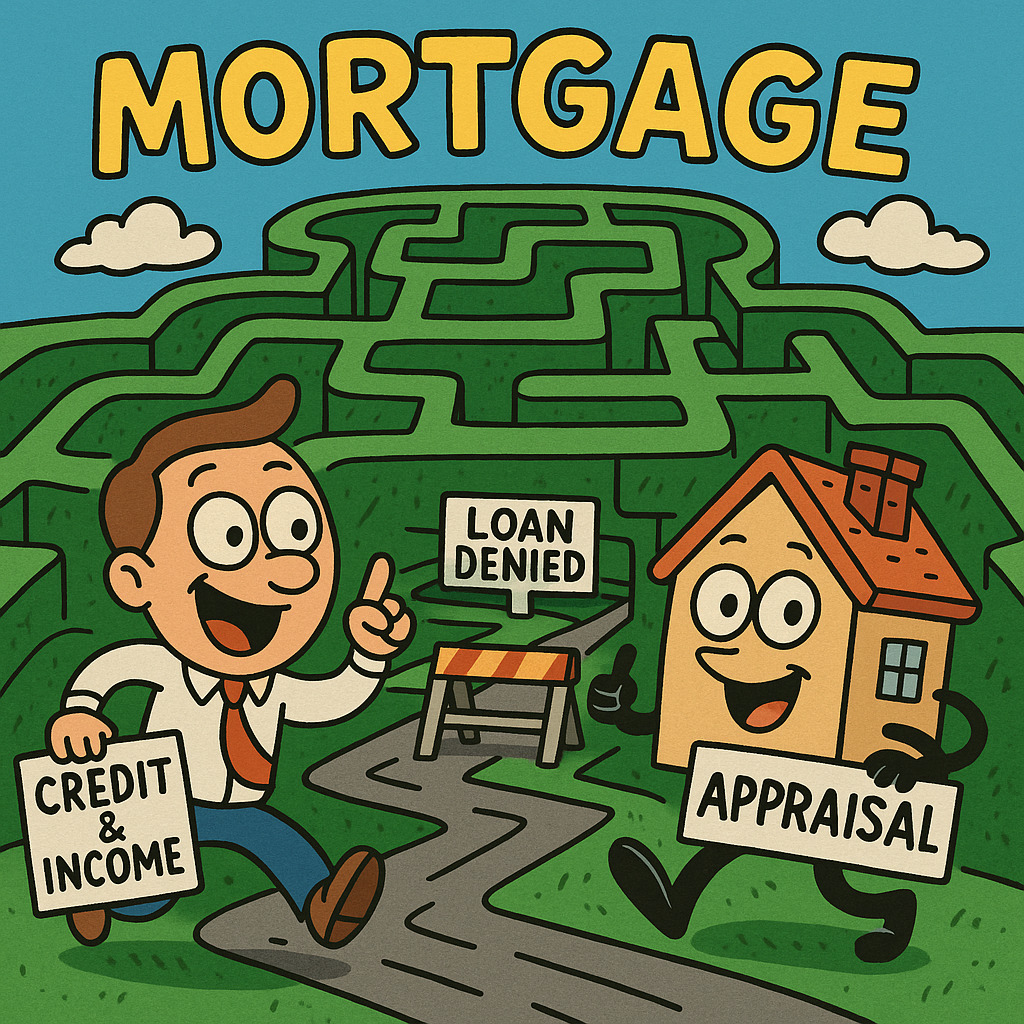
Interest rates are a big driver of the mortgage market. People purchasing houses and refinancing houses are taking advantage of today’s historically low rates. Here are some fundamentals you should be aware of when it comes to interest rates and what the market may or may not do going forward…
First things first what drives mortgage rates? The buying and selling of mortgage-backed Securities drive mortgage rates. External economic factors such as GDP, personal consumption expenditure index, the jobs report, major economic reports based on economic events influence the direction of mortgage rates. Generally, but not always bad economic information is good for mortgage rates as people move money out of the stock market and into the fixed-income market where they can get better returns on their money. Positive economic information generally causes mortgage rates to worsen or deteriorate as people move their money out of the fixed-income market to the individual equities market.
Enter COVID-19 the coronavirus has created some unprecedented levels of mortgage rates that we’ve never seen before in US history with 30-year mortgages in the low 3s. When the Coronavirus started there was major instability in the financial markets and the Federal Reserve came along with their bazooka and began buying mortgage-backed securities which created stability in the market.
Here are the things you need to consider going forward as to why the mortgage rate probably will not get any lower.
Factors
1. Bad economic information is good for mortgage rates which means these rates will probably remain here in some form throughout the rest of 2020. 2. Federal Reserve is buying mortgage-backed Securities and have committed to doing so in the billions all the way through the beginning of October 2020. 3. Mortgage companies are not going to lose money. A mortgage company that creates and sells a loan in the secondary market needs to have that mortgage perform for the first 6 months. If rates were to go lower, people would refinance again creating a major problem for lenders called “Runoff.” Runoff is when a mortgage loan is paid off and refinanced before 6 months of payments are made. Multiplied a few million times nationwide and lenders have a big dilemma on their hands. Mortgage companies would wise up to this and they would artificially raise their rates to slow down the volume and to prevent the runoff from occurring.
Is it possible that mortgage rates could go lower? Yes, anything is possible. Is is it realistic? Likely not as mortgage rates are presently hovering between 2.875 and 3.375 percent with excellent credit for most loan sizes and most loan purposes, not all, but most.
At the end of the day, it really doesn’t matter. For example, if you’re looking at 3% and you don’t want to pull the trigger because you’re thinking you might be able to get 2.75% you shouldn’t be doing a mortgage anyway. A rate difference of a .25 based on your amount financed shouldn’t be enough for you to jump ship from one lender to another when a .25 of a percent can be offset later on down the line anyway. Keep in mind .25 in rate may only change your payment by at little as $40/month. If $40/month or whatever the payment difference is based on your amount financed is enough for you to not get a mortgage, you shouldn’t probably be applying for a mortgage anyway.
Pick an experienced lender that knows what they’re doing, whom you’re comfortable with that can offer you good value for your money, is responsive, and can clearly and articulately explain how the process works. You want a lender more interested in the big picture you can have a relationship with that’s willing to look at your loan and identify opportunities for you to refinance down the line. Such a relationship like that is far more valuable than chasing the lowest rate that doesn’t exist.
The lowest rate is unattainable. If you’re comparing Lender A to Lender B, then all the sudden Linda C has a lower rate, lender D has a lower rate and you’ll keep finding lower if you really look for it and at some point, you have to rip off the Band-Aid and be comfortable with the rate and price and mortgage professional you’ve selected to handle your home financing. Don’t fool by cashing rate, compare the total value of the relationship over time.
Looking for a great rate? Get a quick quote now!


